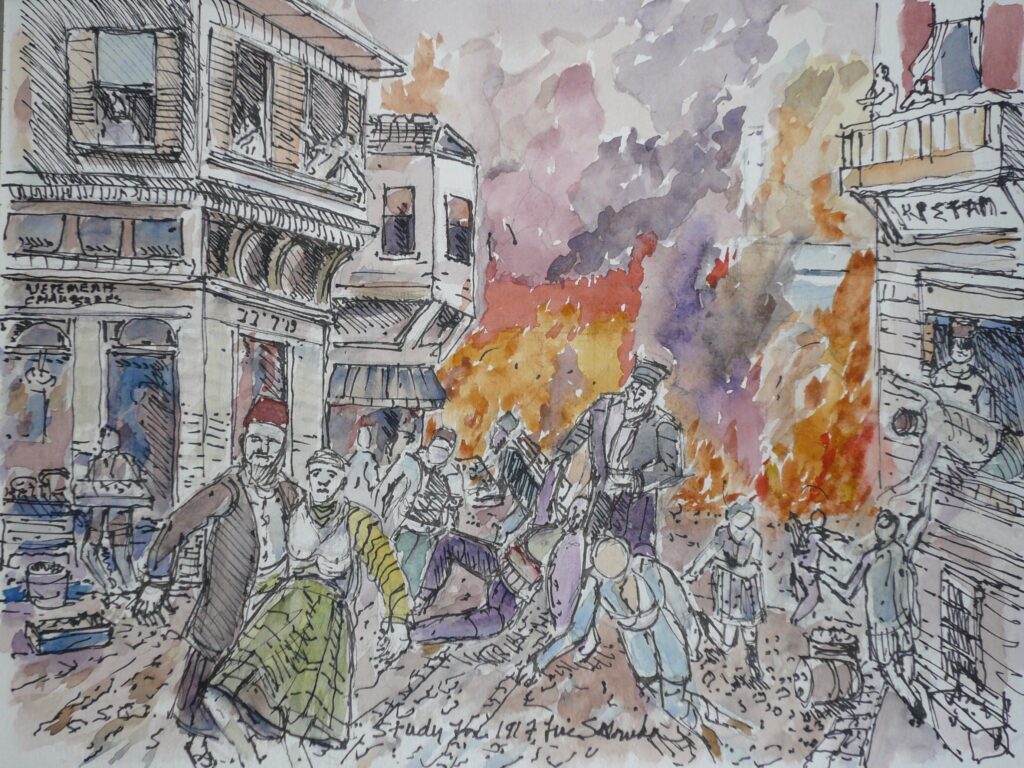
In honour of Holocaust Education Week, The Koschitzky Centre for Jewish Studies, the Department of History and the Department of Humanities will host the talk "Greek Jewry, The Holocaust, and Public Reckoning Today" on Nov. 10 at 7 p.m. online.

Featuring a presentation by Sakis Gekas, associate professor in York University’s Faculty of Liberal Arts & Professional Studies (LA&PS), and Devin E. Naar, associate professor of history and Jewish studies at the University of Washington, the event focuses on one of the seldom-discussed atrocities of the Second World War – the Holocaust faced by Greece’s Jews.
Greece, home to one of the world's oldest diasporic Jewish communities, experienced one of Europe's highest death tolls in the Holocaust. Remarkably, its small surviving population of Sephardic and Romaniote Jews continued to build their lives and communities after the war. Today, Greece has one of Europe's few elected Jewish mayors, possesses strong relations with Israel, and is increasingly a site of Holocaust remembrance and pilgrimage. Why was so little known about the Holocaust there for so long? And what meaning does it have for contemporary Greeks, Jewish and non-Jewish?
These are a few of the questions that Gekas and Naar hope to answer.
Register to view the Zoom web conference here.
Gekas is an associate professor and the Hellenic Heritage Foundation Chair in Modern Greek History at York University. He works on British colonialism and state formation in Greece, the history of the Greek revolution of 1821, and the history of Greeks in Canada. His publications include Veterans: The fighters of the 1821 Revolution during the Period of King Otto’s State (2022), and Xenocracy: State, Class and Colonialism in the Ionian Islands, 1815-1864 (2017), which was published in Greek in 2021.
Naar is a professor of Sephardic studies and an associate professor of history and Jewish studies in Seattle, Washington. Previously named a Fulbright Scholar to Greece, Naar’s book, Jewish Salonica: Between the Ottoman Empire and Modern Greece (2016), won a 2016 National Jewish Book Award and the 2017 Edmund Keeley Prize from the Modern Greek Studies Association.
